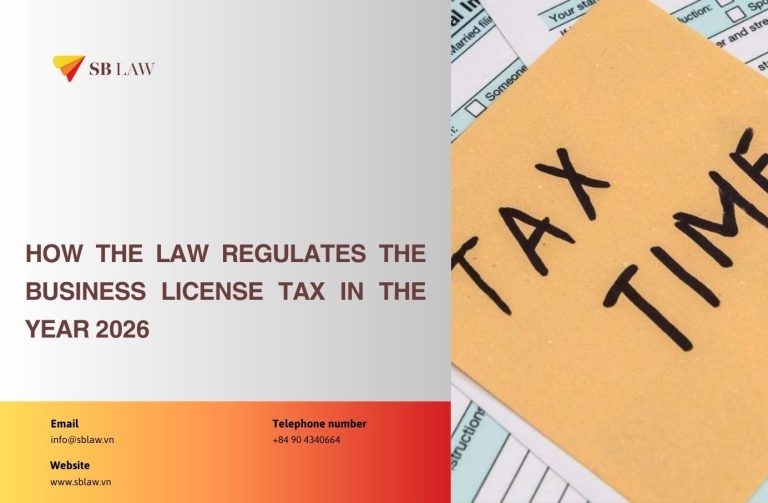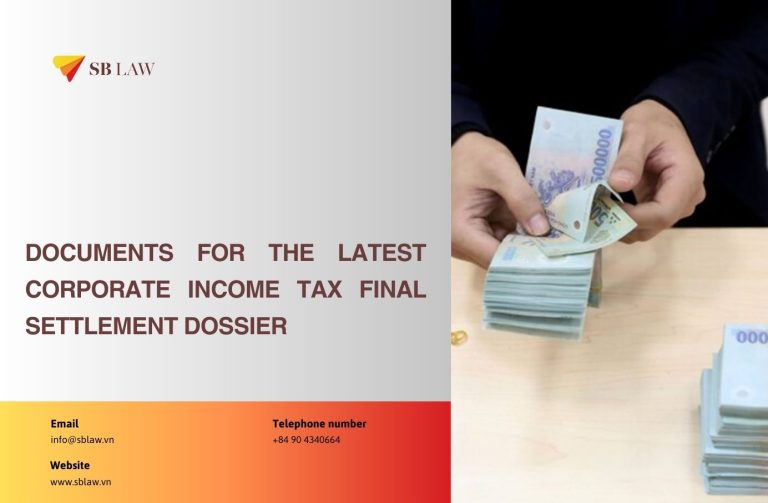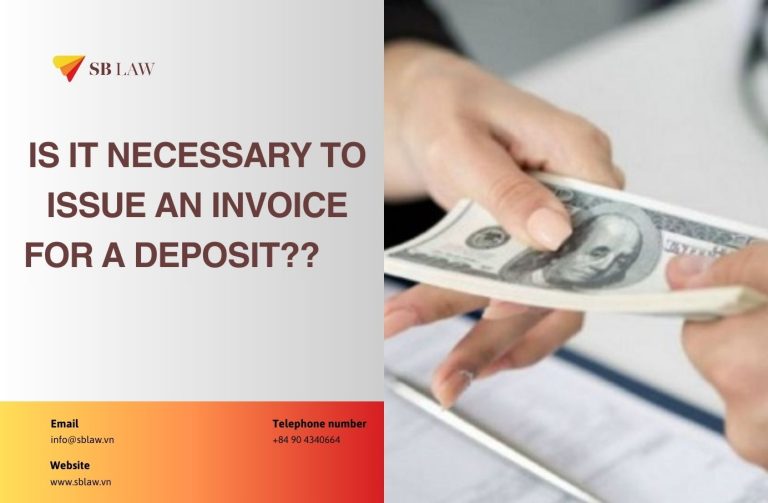Abstract
Recently, a number of private Vietnamese companies such as Bamboo, Vinfast, ... plan to IPO in the US stock market. Through this, we can see the attractiveness of adopting a foreign stock market to mobilize capital to help open up capital for production and business activities of Vietnamese enterprises.
The listing of securities abroad also creates conditions for Vietnamese enterprises to enhance their position and image, thereby opening up export markets for themselves and creating competitiveness for Vietnamese products on the international market.
In the scope of this article, the author will give an overview of IPO abroad and its benefits (1); analyzing research into the legal framework of Vietnam for the offering and listing of securities abroad (2); evaluating the legal advantages and limitations when businesses list foreign securities (3).
Keywords: initial public offering, IPO, Vietnamese legal framework on IPO abroad
-
Overview
IPO stands for "Initial Public Offering" which occurs when a company sells shares to the public for the first time. In business activities, IPO is considered one of the activities in terms of maintaining and developing the enterprise.
IPO helps the enterprise increase capital to create resources to expand the market and the scope of operations, increase the amount of cash to help businesses expand financial opportunities, ... Especially when conducting IPOs in foreign stock markets, besides attracting an abundant source of investment money , a successful IPO would promote the confidence from foreign investors, enhance the position and image of the enterprise as well as expand both import and export markets.
The success of a domestic company in issuing shares and building a business image abroad also enhances a national reputation to attract domestic and foreign capital flows into the market.
-
Vietnamese legal framework on IPOs on international stock exchanges
Vietnamese enterprises listing in international markets will be governed by at least two different legal systems.
First of all, in order to offer and list of stocks in foreign nations, the enterprise first must comply with the provisions of Vietnamese law. The legal framework for the offshore securities offering and listing of Vietnam is built on the basis of the Law on Securities 2019, Decree 155/2020/ND-CP on guiding and detailing the implementation of a number of articles of the Law on Securities. The main regulations revolve around the conditions for enterprises to list and offer securities abroad; and regulations on application for approval.
Pursuant to Article 71 of Decree 155/2020/ND-CP, a prerequisite for an offshore securities listing company to "meet the regulations on foreign ownership ratio as prescribed by law ". This stems from the fact that Vietnam still restricts the participation of foreign investors by industry or even does not allow investment.
In addition, enterprises must "comply with the provisions of the law on foreign exchange management", therefore, the listing of foreign securities is also subject to the ordinance of foreign exchange control 2005 (as amended., supplemented in 2013) and Decree 70/2014/ND-CP detailing the implementation of a number of articles of the foreign exchange ordinance and the ordinance amending and supplementing a number of articles of the foreign exchange ordinance.
In which, according to Article 10 of Decree 70/2014/ND-CP providing for residents who are issuing organizations in foreign countries, “When they are allowed to issue securities in foreign currencies overseas in the form of Issuing shares, investment fund certificates and other types of securities, the resident being an organization must open a capital account for issuing securities in foreign currency at an authorized credit institution, and make foreign revenues and expenditures. Currency related to the securities issuance through this account in accordance with the regulations of the State Bank of Vietnam”. This is an important legal basis for buying foreign currencies to pay interests and dividends to foreign investors when buying securities of Vietnamese enterprises.
In addition to having to comply with the Vietnamese legal system, the companies listing securities abroad must also comply with the regulations of international stock exchanges. The conditions for joining these stock exchanges are extremely strict, and can often be the terms of profit before taxes, allocation of shares, financial and liquid status, accounting standards, procedures for checking and evaluating listing registration dossiers, requirements on standards of effective corporate governance.
-
The legal effect of Vietnamese regulations on IPOs in foreign countries
The current provisions of Vietnamese law for domestic enterprises initialing pubic offerings in foreign countries are quite complete, Decree 155/2020/ND-CP has set aside a separate section to regulate the focus on enterprises to list securities abroad. Additionally, the spirit of the State Securities Commission is to support, be willing to provide guidance and further support for businesses, especially assistance in the delineation and calculation rates of listing abroad and rate of foreign holding in the Vietnam.
However, the provisions of Vietnamese law still cause certain difficulties for enterprises wishing to list their securities abroad.
Firstly, as for regulations on the limit on the capital ratio of foreign investors in listed companies. The regulation on the capital ratio of foreign investors in listed companies forces issuing organizations when listing securities abroad they shall establish a capital mobilization scope within that ratio limitation. And those regulations also gives rise to a demand from foreign investors, which require the Vietnamese issuing organizations to provide a commitment to maintain the abovementioned foreign ownership scope to ensure that they can freely sell their securities to any other foreign investors without bearing legal risks of violating the rate of capital contribution, share purchase of foreign investors.
In particular, for companies with a high proportion of foreign ownership, the ability to raise capital through international issuance and listing of this group of enterprises is very difficult.
Secondly, the requirements on financial and accounting standards: According to Vietnamese law, Vietnamese enterprises now have to apply the accounting records system according to Vietnamese Accounting Standards (VAS). In the international stock exchanges, the accounting standards that are generally given to foreign companies that want to be listed are usually the accounting standards or practices that have been applied globally and are accepted by many countries in the world such as GAAP of US, Canada or Japan, IFRS, IAS. Or the business must approve according to the accounting standards of that country. It is worth mentioning that the currently applied Vietnamese accounting standards (VAS) have some differences in the preparation of reports, the account system ... compared with IFRS or IAS.
Third, the law of foreign exchange regulations only requires the Vietnamese issuer to open a foreign currency account at an authorized credit institution in Vietnam to receive any foreign currency collected from the listing process without requiring that issuer to open an account in the country where the securities are to be listed.
This leads to the fact that a foreign investor ordering securities cannot transfer transaction money to the Vietnamese issuer's account, if the bank serving this institution does not have a branch or dealing room located in the listed country. This issue should be considered and addressed accordingly.
However, what really makes businesses difficult is to meet the very stringent conditions of international stock exchanges.
-
Specific conditions of the New York Stock Exchange
Vietnamese enterprises wishing to be offered securities in the US need to comply with the provisions of Vietnamese Law of Securities, in addition to meeting the conditions of the New York Stock Exchange (NYSE):
+ The total value of shares (calculated according to the current exchange rate) must reach over USD 19 million.
+ Total value of free trade shares must be over USD 1.1 million.
+ Total tangible asset value must be over 18 million USD.
+ The enterprise’s net profit in the 2 consecutive years must be over USD 3 million.
+ The company's profit of the latest calendar year must reach 2.7 million USD or more.
+ Total income from trading stocks and assets after the latest month must be 100 thousand USD or more.
Conclusion:
The fact that some of Vietnam's leading enterprises are making plan to IPO in foreign markets is a parallel rule that follows the strong development of the economy in recent years. When the business and development goals of the business have great ambitions, the amount of capital needed to absorb will also increase. The capitalization level in the Vietnamese stock market is not strong enough or saturated, leading enterprises to seek new resources in foreign markets with the goal of internationalizing their brands and expanding their scope. operating abroad and finding a channel to mobilize large capital.
Besides, there must be the concretization of the Securities legal framework such as: Law of Securities 2019; Decree 155/2020/ND-CP detailing and guiding the implementation of the Law of Securities (including a separate section detailing the offering of securities abroad) ... This has created much favourable conditions for Vietnamese enterprises when offering shares to foreign countries. If it does not work in the field of restricted foreign ownership, the enterprise only needs to report and obtain approval from the SSC.
The desire to IPO abroad also demonstrates the legal capacity of Vietnamese enterprises is increasingly improved, has been and is fully meeting with permits, conditions, documents and procedures ... of the stock exchanges. contracting and foreign legal system.
However, when listing in foreign markets, enterprises can also face risks in increasing the risk of being acquired or merged; increasing costs for compliance with regulations on listing, reporting, disclosing information, corporate governance in foreign markets ...




